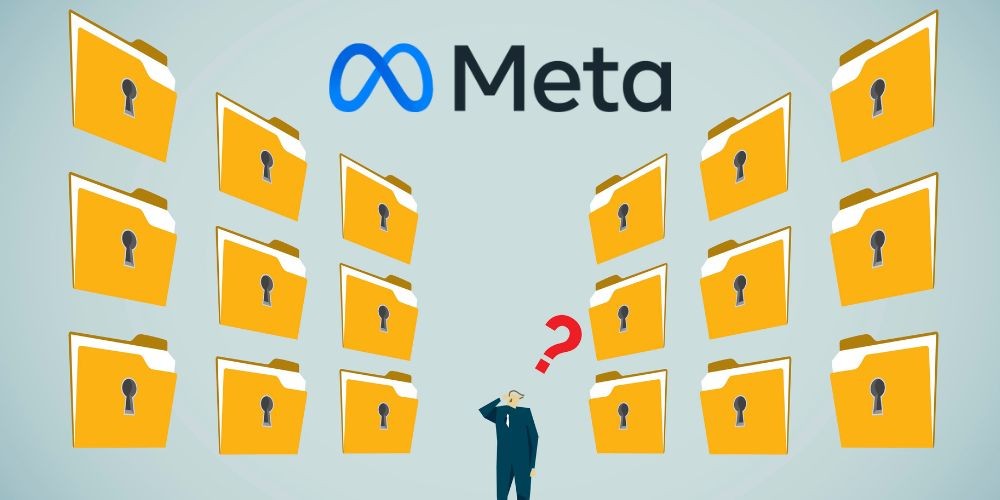Unlocking the Power of Data: Meta's New Leap in Academic Research
- 2024-02-18 11:55

Meta, the company behind giants like Facebook and Instagram, is making monumental strides toward enhancing academic research by providing increased data access to researchers worldwide. By partnering with the Center for Open Science (COS) and opening up an array of publicly available content, Meta is setting the stage for deeper insights into how social media interactions can influence societal and political dynamics.
The initiative will empower researchers with the ability to download content shared by public figures across Meta platforms in a structured CSV format. This significant movement facilitates an unparalleled window into the discourse that shapes public opinion and ultimately governs the sway of politics and culture. The new data, which includes posts and related commentary, promises to be a treasure trove for those investigating the seams where social media intersects with the fabric of society.
Looking ahead, Meta has announced plans to enrich the data pool further by introducing comment analysis from Facebook's public forums. This addition is expected to serve as a catalyst for understanding the nuances of online discussions and their implications on a global scale. The careful curation of this data and its study within secure, virtual clean rooms is a testament to Meta's commitment to rigorous academic research after the sobering lessons of past privacy breaches, such as the infamous Cambridge Analytica scandal.
Meta's approach to data sharing is a careful balancing act between fostering academic exploration and securing user privacy. The updated Data Protection Assessment for developers is a crucial aspect of this equilibrium, ensuring that applications for data access undergo stringent evaluation. Despite the cautious nature of these measures, the eagerness to aid research, especially in the context of an important election year, signals a hopeful inclination towards transparency and the potential societal benefit of shared knowledge.
The impacts of such data generosity could be revolutionary. As Meta carefully navigates the legacy of previous data controversies, its slow yet strategic data access expansion promises to pave the way for critical revelations about the online world's influence on the offline realm. Concluding on an anticipatory note, this initiative by Meta could well become a cornerstone in the ever-evolving narrative of social media's role in shaping our collective future.





